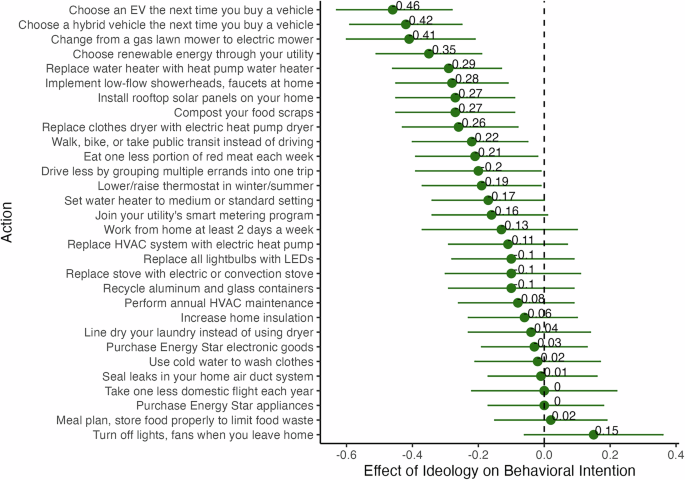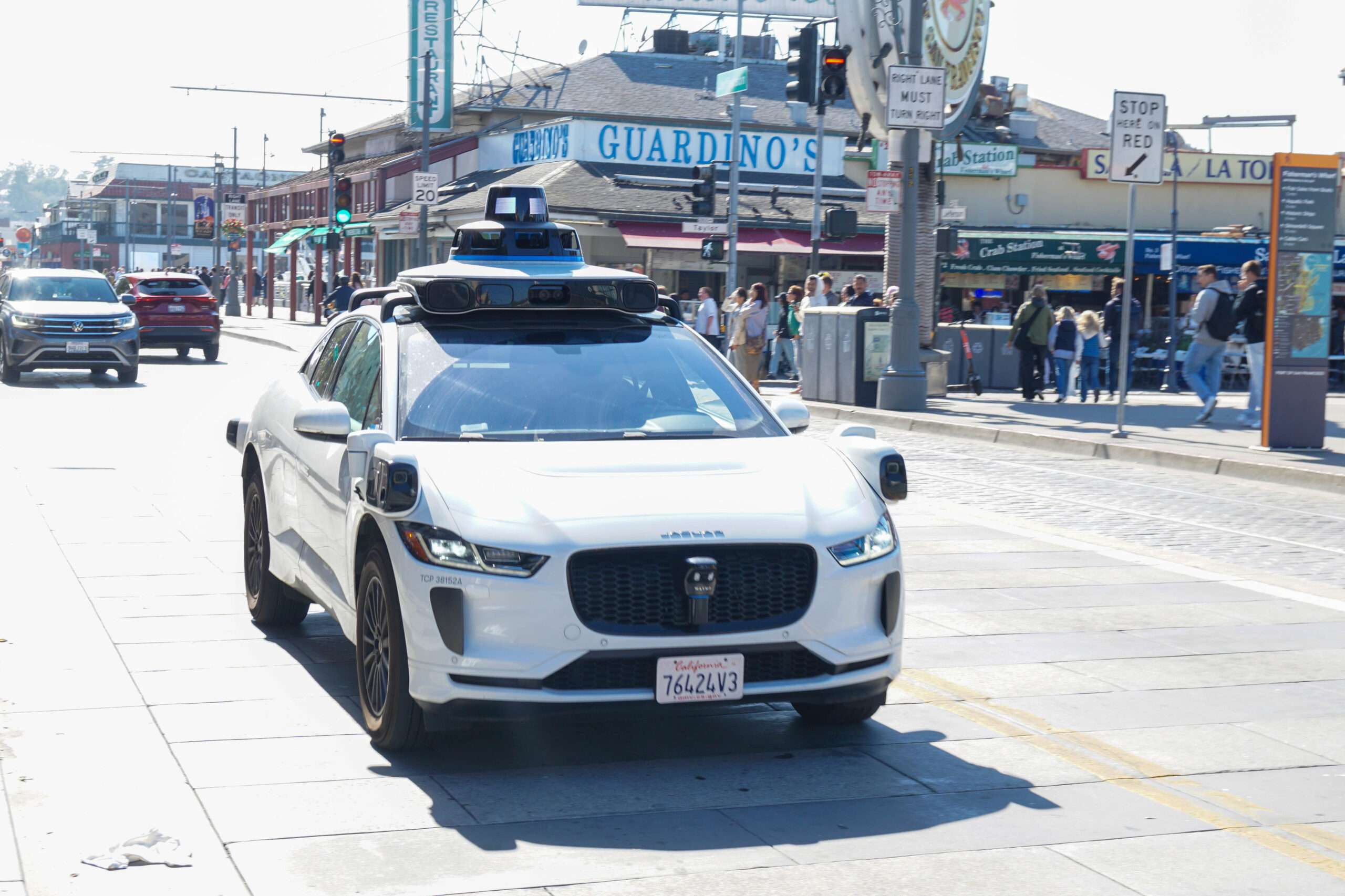Bayesian statistics for dummies
'Bayesian statistics' is a big deal at the moment. It has been put forward as a solution to a number of important problems in, among other disciplines, law and medicine. These problems are concerned with such matters as determining the likelihood that a particular suspect committed a murder if his fingerprints are found on the weapon, or the likelihood that a person who tests positive for HIV really has an HIV infection. These are, clearly, important matters. However, most people can't see that there are any difficulties here at all. If the likelihood of two people having the same fingerprints is, say, one in 500,000, and fingerprints matching person X are found on the murder weapon, then surely it is a near-certainty that X is the murderer? And if I tell you that 99.5% of people with a confirmed HIV infection test positive for HIV, then surely a person who tests positive is 99.5% likely to have the virus? In fact, both of these conclusions of wrong. Dead wrong, if you'll pardon the expression. The importance of Bayes' theorem is that it will tell you the true likelihood of a person having an HIV infection if he tests positive, and the true likelihood of person X being the murderer if his fingerprints turn up on the weapon. Or, at least, it will do so if you can feed in the right data, which isn't always easy.
In a celebrated court case (R v Adams [1998] 1 Cr App R 377, for any lawyers that are interested) Lord Bingham, one of the UK's most senior judges, refused to allow the defence to present an argument to the jury based on Bayes' theorem. He conceded that it was a methodologically sound approach, but that it would 'confuse the jury'. In fact, Bayes' theorem is extremely straightforward, and need not confuse anyone who can add, multiply, and divide. The result of this judge's decision could well have been that an innocent person was convicted, because a likelihood based on a Bayesian calculation is not merely better than the intuitive result, it is the only right answer. Any different answer is simply wrong. Not wrong in the sense of 'stealing is wrong', but wrong in the sense that '2+2=5' is wrong.











